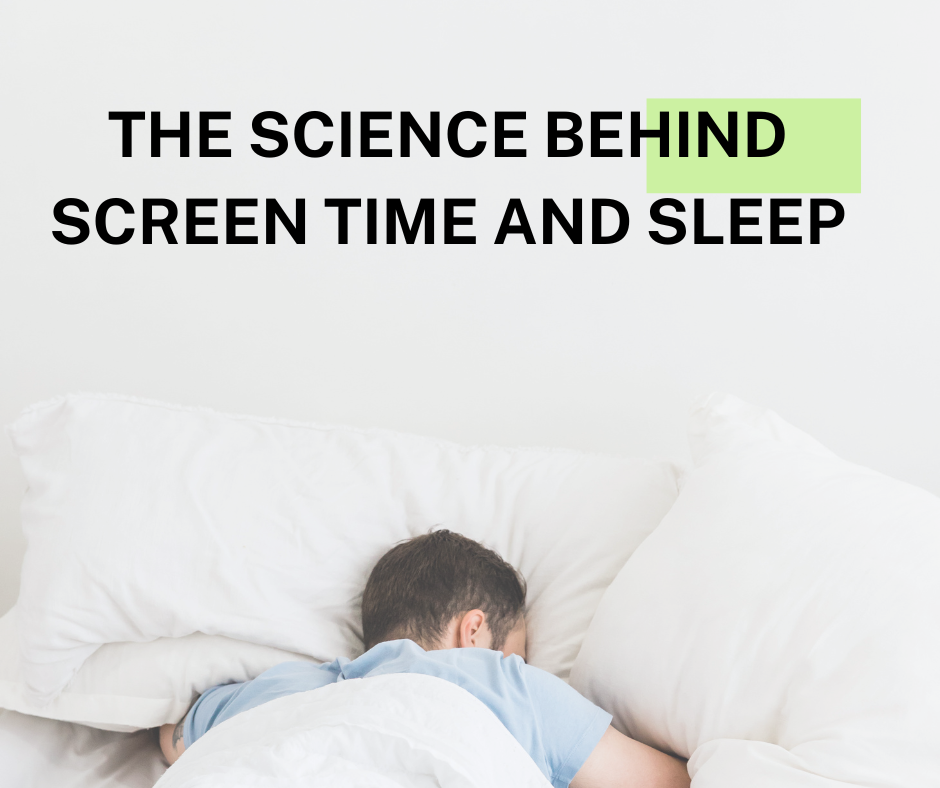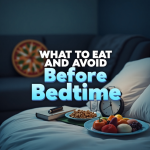In today’s hyper-connected world, screen time is nearly impossible to avoid. From smartphones and laptops to tablets and TVs, screens dominate both our work and leisure. However, the effects of screen time on your sleep cycle are more serious than many realize. This article explores how excessive screen exposure affects your body clock, what science says about it, and what you can do to reclaim healthy sleep.
Why Sleep Is So Important
Sleep isn’t just a time-out from daily life; it’s a crucial biological process. During sleep, the brain consolidates memory, the body repairs tissues, hormones are regulated, and energy is restored. Skimping on quality sleep can lead to fatigue, mood swings, weakened immunity, and even long-term health problems such as obesity, diabetes, and heart disease.
Your body runs on a 24-hour internal clock known as the circadian rhythm. This clock regulates the timing of sleep, wakefulness, and various physiological functions. The circadian rhythm is heavily influenced by light and that’s where screen time comes in.
The Science Behind Screen Time and Sleep

The effects of screen time on your sleep cycle mainly come down to one factor: blue light. Digital devices emit a significant amount of blue light, which can trick your brain into thinking it’s still daytime. Blue light suppresses the production of melatonin, the hormone responsible for making you feel sleepy. Without adequate melatonin, falling asleep becomes harder and your sleep quality suffers. To improve sleep quality, it’s important to limit screen use within one to two hours of bedtime and create a calming nighttime routine.
Delayed Sleep Phase and Sleep Deprivation
Prolonged evening screen time is linked to a condition known as Delayed Sleep Phase Disorder (DSPD). Individuals with DSPD tend to fall asleep much later and wake up later than what’s socially acceptable. This delay can lead to sleep deprivation during work or school days.
In adolescents and young adults, who are particularly prone to binge-watching and late-night scrolling, the effects of screen time on your sleep cycle can result in chronic sleep loss. This disrupts academic performance, mental health, and even physical growth.
Mental Health and Cognitive Impact
Lack of sleep caused by screen exposure doesn’t just make you tired—it affects your brain function. Poor sleep is associated with reduced attention span, memory issues, mood swings, and an increased risk of anxiety and depression.
Teens and adults alike may find themselves trapped in a vicious cycle where screen time interferes with sleep, leading to stress, which then encourages more screen time as a form of escape. Over time, this feedback loop worsens mental health and cognitive clarity.
How to Reduce the Effects of Screen Time on Your Sleep Cycle
Here are science-backed ways to reduce the effects of screen time on your sleep cycle:
1. Establish a Digital Curfew
Stop using screens at least 60 to 90 minutes before bed. This gives your brain enough time to produce melatonin naturally and helps you unwind mentally.
2. Use Blue Light Filters
Enable night shift or blue light reduction features on your devices. These filters reduce the amount of stimulating blue light emitted by your screen.
3. Prioritize Sleep Hygiene
Maintain a consistent sleep schedule, even on weekends. Avoid caffeine and heavy meals before bed, and create a calming bedtime ritual—like reading a physical book or meditating.
4. Swap Screens for Alternatives
Instead of reaching for your phone before bed, try listening to a podcast, journaling, or doing light stretches. Reducing cognitive stimulation helps your brain prepare for rest.
5. Use Technology Mindfully
While we can’t eliminate screens altogether, we can choose how we use them. Track your screen time, turn off notifications, and take regular breaks during the day to minimize screen fatigue.
Are There Any Positive Aspects?
Interestingly, not all screen time is bad for sleep. Guided meditation apps, sleep sounds, or e-readers with e-ink screens can actually promote better sleep if used wisely. The key lies in how and when you use technology—not just the screen itself. Integrating calming habits like evening yoga sessions alongside mindful screen use can further improve your nighttime routine.
Still, it’s clear that excessive screen exposure before bed does more harm than good. Understanding the effects of screen time on your sleep cycle empowers you to make more intentional choices that protect your rest and recovery.
FAQs
How much screen time is too much before bed?
Experts recommend avoiding screens at least one hour before bedtime. Prolonged exposure beyond that increases the risk of poor sleep quality and delayed sleep onset.
Does screen time affect kids more than adults?
Yes. Children’s brains and circadian systems are more sensitive to light. Even moderate screen time in the evening can delay melatonin production in kids and teens.
Can wearing blue light glasses help with sleep?
Blue light-blocking glasses may help reduce the impact of screens on melatonin levels, though they work best when combined with good sleep hygiene practices.
Is TV worse than phone screens at night?
Both can be harmful, but phones are more problematic due to proximity to your eyes and interactive content that stimulates the brain more than passive TV viewing.
Are e-books okay to read before bed?
If the e-book reader uses an e-ink display (like Kindle Paperwhite), it’s much less disruptive than traditional tablets or phones. However, a paper book is still the best option.
Conclusion
Modern life demands that we stay connected, but our health—especially our sleep—often pays the price. By understanding the effects of screen time on your sleep cycle, you can make informed adjustments that benefit your mental clarity, physical health, and overall well-being. The key is mindful usage, boundaries, and replacing screen-based habits with healthier alternatives.
If you’re looking for more in-depth wellness guides, expert health tips, and life-bettering habits, visit MindScribes—your go-to destination for a healthier, more balanced digital lifestyle.

